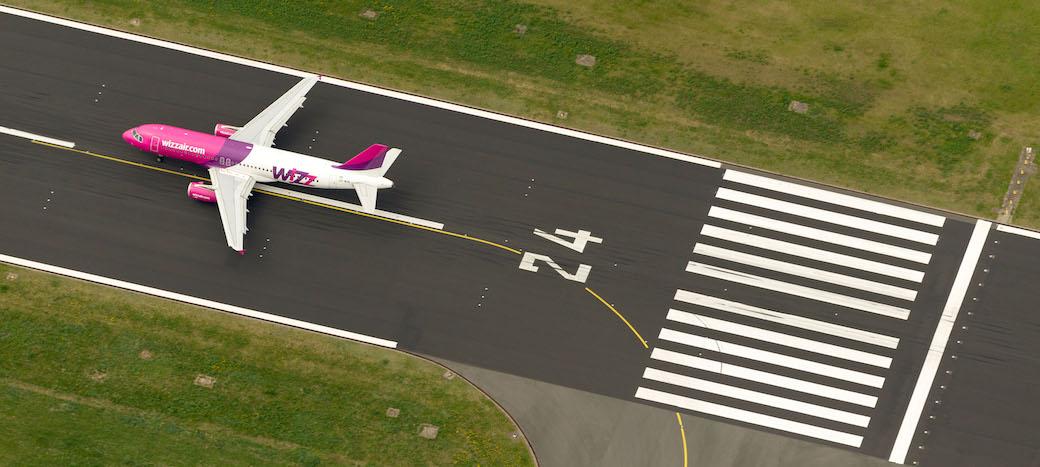
Credit: Alamy Stock Photo
Norwegian has teamed with Norsk e-Fuel to build a production plant, while Wizz Air says it is investing £5 million ($5.5 million) in biofuel company Firefly, which plans to make sustainable aviation fuel (SAF) from sewage. The announcements come as European lawmakers try to iron out the final...
Subscription Required
This content requires a subscription to one of the Aviation Week Intelligence Network (AWIN) bundles.
Schedule a demo today to find out how you can access this content and similar content related to your area of the global aviation industry.
Already an AWIN subscriber? Login
Did you know? Aviation Week has won top honors multiple times in the Jesse H. Neal National Business Journalism Awards, the business-to-business media equivalent of the Pulitzer Prizes.





